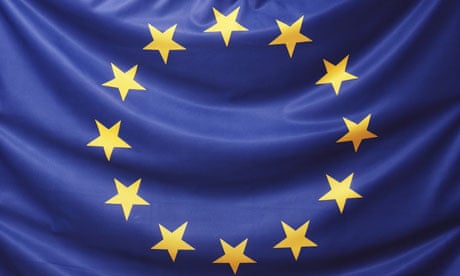From Bleak House to Great Expectations summarises sentiment in the markets, according to Deutsche Bank analysts.
Referencing Dickens, Mark Wall and Gilles Moec argue the EU is getting its act together and could meet the objectives of "dealing with Greece, the banks and other ailing peripherals" before the EU and eurozone summits this weekend.
However, sceptics remain unconvinced, and rightly so. For one thing, Sarkozy and Merkel have introduced so many moving parts into the discussion that making them work in sync seems impossible. Take for instance the demand for a financial transaction tax (FTT) to be part of the deal.
The Germans believe between €30bn (£26bn) to €40bn could be raised from placing a tiny charge on the thousands of financial transactions that whizz through London, Paris and Frankfurt every day. But the British argue this is no time to chase away business from the City. The US says the same.
When the good times come back, the argument for throwing some sand in the wheels of the money markets is a sound one. Diverting a proportion of the tax receipts to projects in the developing would also provide a strong moral justification.
In the meantime, however, the FTT should be placed on the back burner. Politicians need to focus on one project at a time.



Comments (…)
Sign in or create your Guardian account to join the discussion